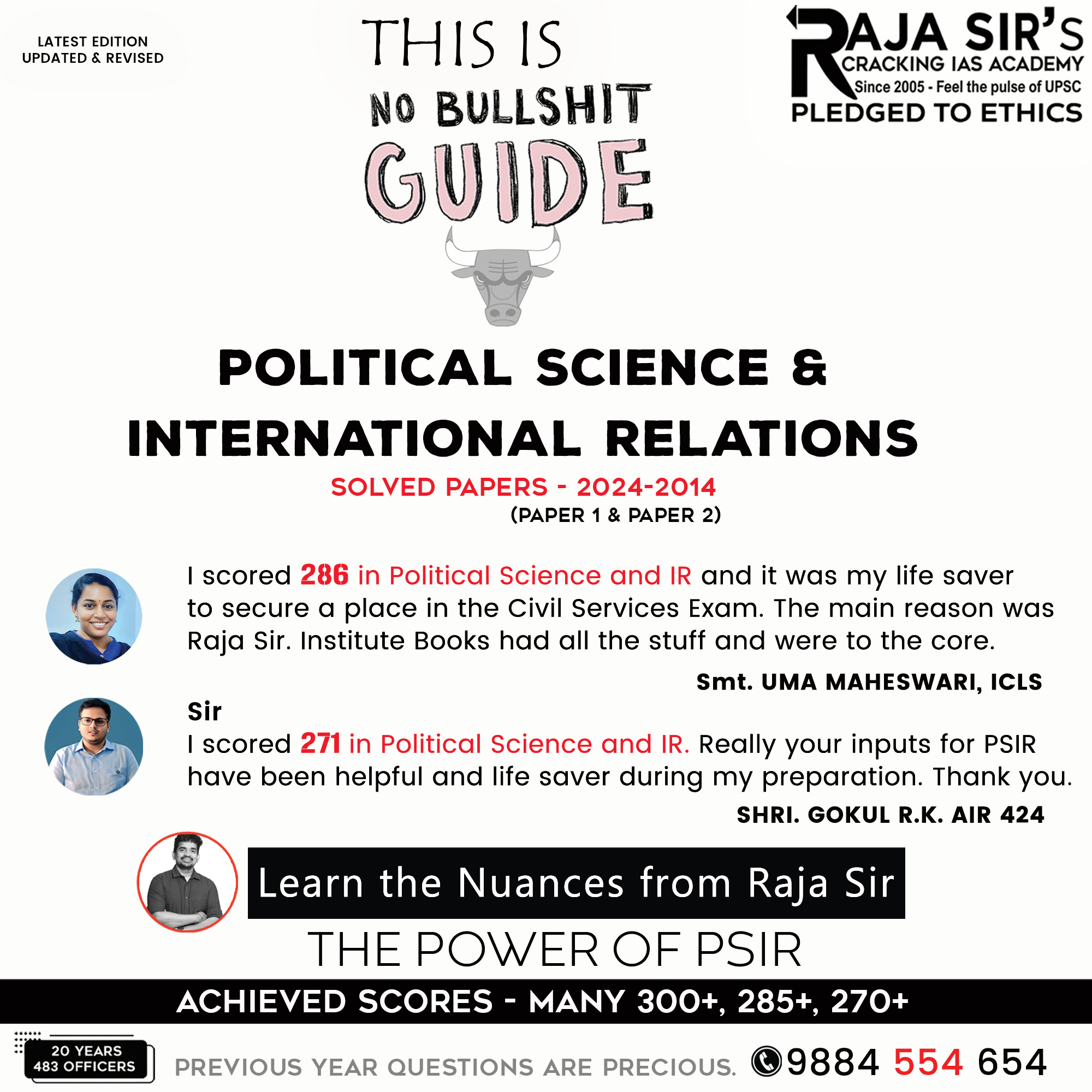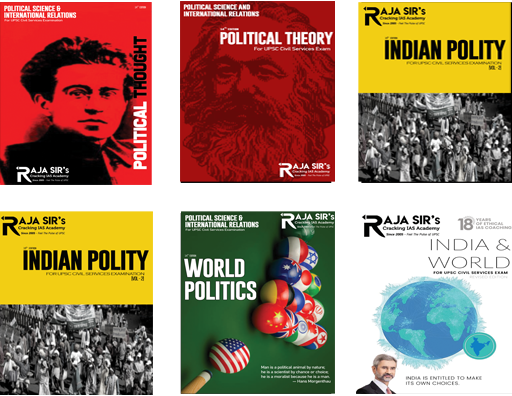- Home
- Prelims
- Mains
- Current Affairs
- Study Materials
- Test Series
Write a note on the relation between equality and liberty from the multi-cultural perspective. (UPSC CSE Mains 2025- Political Science and International Relations, Paper 1). 10 Marks

In multicultural societies, the ideals of equality and liberty are deeply intertwined—but not always easily reconciled. While liberty emphasizes individual freedom, equality demands fairness and inclusion across diverse cultural groups. The challenge lies in ensuring that both values are upheld without allowing one to undermine the other.
Will Kymlicka’s Perspective
Will Kymlicka, a leading theorist of multicultural citizenship, argues that liberalism must evolve to accommodate cultural diversity. He critiques traditional liberalism for being “color-blind,” assuming that equal rights for all individuals are sufficient to ensure justice. However, Kymlicka contends that this approach ignores the structural disadvantages faced by minority cultures, whose members often lack access to the cultural resources that shape meaningful life choices.
- He introduces the idea of group-differentiated rights, such as self-government rights for national minorities or polyethnic rights for immigrant groups.
- For Kymlicka, liberty is meaningful only when individuals have access to their own cultural frameworks, which requires recognizing and protecting cultural differences.
- Thus, equality demands more than identical treatment—it requires context-sensitive policies that empower minority groups to flourish without being assimilated into dominant cultures.
Bhikhu Parekh’s Perspective
Bhikhu Parekh offers a complementary yet critical lens. He emphasizes that human beings are culturally embedded, and that liberalism often fails to recognize the moral significance of cultural diversity.
- Parekh argues that equality must be redefined in multicultural contexts—not as uniformity, but as equal respect for different ways of life.
- He warns against the liberal tendency to treat cultural differences as private matters, advocating instead for public recognition and dialogue between cultures.
- For Parekh, liberty must include the freedom to live according to one’s cultural values, but this liberty must be balanced with the need to uphold common civic norms that ensure mutual respect and social cohesion.
The Delicate Balance
Both thinkers highlight that in multicultural societies:
- Liberty without equality can lead to cultural domination.
- Equality without liberty can suppress individuality and cultural expression.
The solution lies in rethinking liberal principles to accommodate pluralism, where both individual rights and group identities are respected. This means crafting policies that:
- Protect minority cultures from assimilation.
- Ensure fair access to resources and representation.
- Promote intercultural dialogue and mutual understanding.
In essence, Kymlicka and Parekh remind us that true equality and liberty in multicultural societies require more than abstract ideals—they demand a commitment to justice that is both inclusive and contextually aware.










 Latest News
Latest News

 General Studies
General Studies